How to understand the Venezuelan crisis and not get lost in the attempt (Part 1)
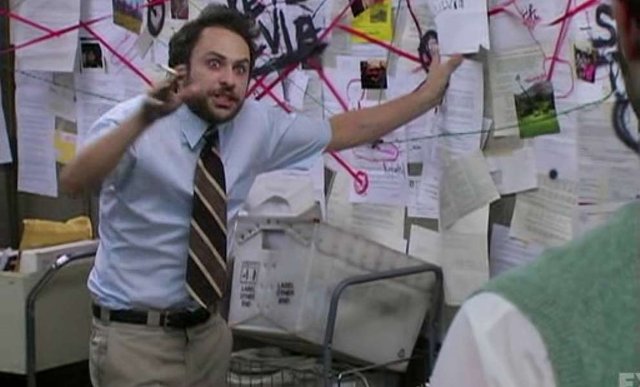
Every day in the news, in the newspapers, on social networks, we can see how Venezuela is mentioned, in many cases it is bad news, sometimes it is good news. The name Nicolás Maduro (his current president) appears in the headlines and next to him other equally terrible words such as corruption, food shortages, hunger, extreme poverty, hyperinflation, street crime, human rights violations, political prisoners, and many others that I will mention later.
It’s true that it can be difficult to understand the magnitude of the economic and social disaster that occurs in Venezuela and the impact it produces in the region especially in neighboring countries. I sometimes fail to understand the complexity of all this even living in Venezuela, but it's not impossible. That is why I decided to share my understanding of the reality of the crisis and explain it in the simplest way possible to all who see the conflict from the outside, but not from the point of view of news or social networks, but from from the point of view of the witnesses, from the testimony of one of those affected, from their families and friends who have suffered the consequences of one of the most unusual humanitarian crises in history because it has happened in peacetime.
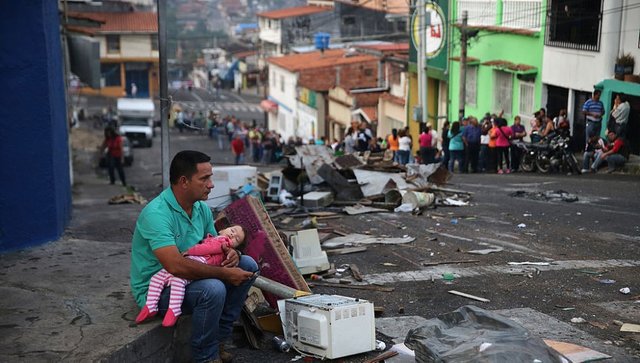
The question that many ask is: WHAT HAPPENS IN VENEZUELA?

The answer can be summed up as follows: Venezuela suffers a humanitarian crisis that involves famine, shortage of medicines, lack of basic services, fuel shortages, human rights violations by a socialist government with the highest levels of corruption of the world whose economic policies have led the country to the highest inflation levels today, despite having the world's largest oil reserves and many natural resources available.
This explanation still falls short of the depth of the conflict due to the underlying layers that do not come to light, which hide a change in the reality of Venezuelans. It is such a radical change that it seems to have come out of a post-apocalyptic science fiction movie that if you compare the Venezuela of 1998 with the Venezuela of 2018 they look like two totally different countries.
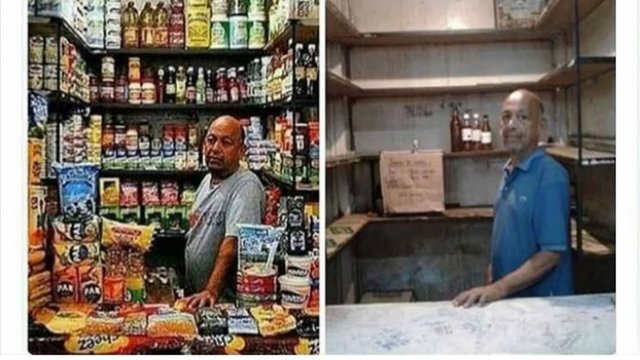
To understand what happened in Venezuela, it is necessary to know what it was like in 1998, just before Hugo Chavez's rise to the presidency.
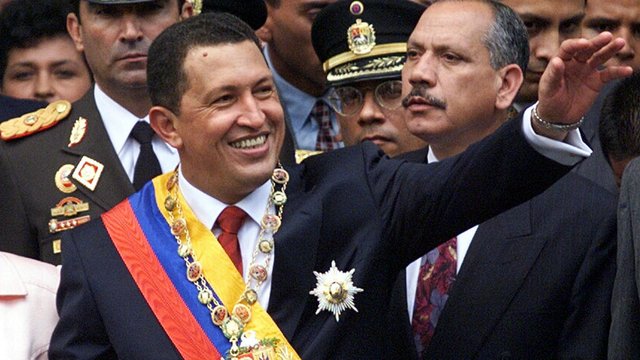
We will focus on everything that happened from that moment because the fall had begun many years ago, but the trigger for the current crisis is with the installation of the Chávez government with the fight against corruption and poverty as a flag, giving emphasis on assisting the sectors of the population in extreme poverty. There were many promises, something that Venezuelans were accustomed to receiving from their politicians, but the most disturbing thing was the denomination of "socialist" they gave to their model of government.
For the average Venezuelan, who belongs to the middle class who receives a monthly salary as a public employee or as a worker of any private company, life was not so complicated because he received a minimum wage of 181 400 Bs which was the equivalent of 337, 17 USD, was not the highest in the region but was more than enough to cover the basic needs of food and services leaving room to save and cover other things such as clothing, footwear, recreation, education, health and beauty (yes, beauty is a real and important part of the budget of Venezuelan women).
Slowly, changes began to be introduced, starting with the Constitution of the Republic, whose first feature was the change of name of the country from "Republic of Venezuela" to "Bolivarian Republic of Venezuela" beginning a series of changes in all Venezuelan legislation with a false nationalism that basically hides a populism of the most toxic and corrosive type.
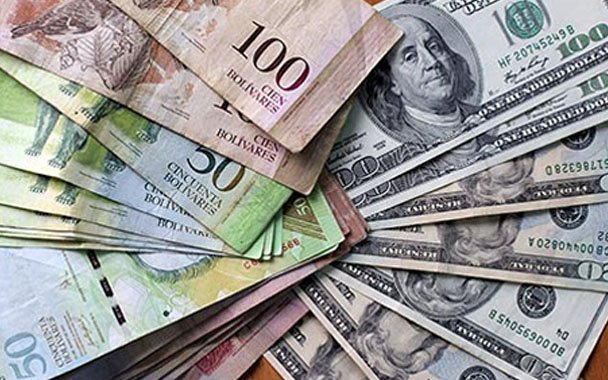
The Venezuelan crisis is very complex to summarize in an article because it covers the economy, education, public health, food, production of goods and services, sports, infrastructure, family values, society and daily life, which has become a titanic task.
Share your opinion in the comments and tell me what other aspects of the crisis in Venezuela you want me to explain in the second part.